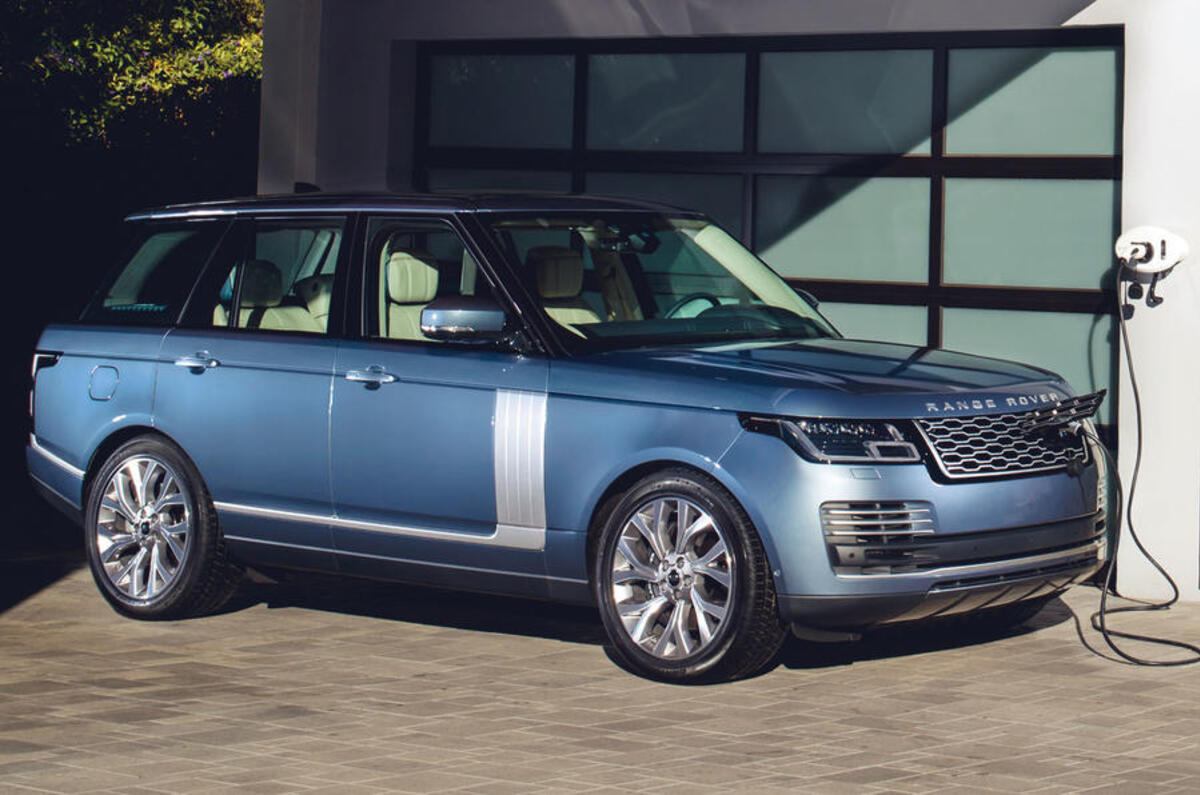The UK government will not reinstate a grant for the purchase of new plug-in hybrid vehicles, Jesse Norman, minister of state for the Department for Transport, has told Autocar.
The grant was modified in October last year, with only fully electric vehicles qualifying for a £3500 subsidy. Previously, the subsidies for hybrid and electric vehicles ranged from £2500 to £4500 depending on the model's zero-emissions range.
“We have to spend the tax payers’ money in a way that reflects the changing market,” said Norman. “The evidence was very clear: owners of plug-in hybrids were not plugging them in, negating the environmental benefits and undermining the incentives.
“Instead, our focus is very much on pushing battery electric vehicles. It's where we have to get to and where we can see the biggest benefits. If I look at the electric bicycle industry and how that has taken off and been opened up, then I see great opportunity. Today, you can buy an electric bike at Aldi for £500 - and that wasn’t the case a few years ago.
“I expect the prices of electric cars to come down dramatically in the same way, and I’m not prepared to spend tax payers’ money incentivising technology that doesn’t reflect this changing market.”
Manufacturers of plug-in hybrid vehicles and the Society of Motor Manufacturers and Traders (SMMT) had vigorously campaigned for an incentive to be reintroduced, saying its withdrawal had damaged the transition to low-emissions vehicles.
Last month, sales of plug-in hybrids dropped 34% to 1922 units, compared with 2929 last April when the incentive was still in place. While supply issues of the latest plug-in hybrids have been identified as one reason for this, SMMT chief Mike Hawes said the figures were also “evidence of the consequences of prematurely removing upfront purchase incentives before the market is ready”.
Mitsubishi, maker of the best-selling Outlander PHEV, presented evidence suggesting that UK owners of the car cover half their average weekly mileage in electric mode, substantially lessening the model’s environmental impact.
Although Norman didn’t confirm if the Government’s decision had been based on data from the Netherlands that indicated that many plug-in hybrid cars weren’t being charged, when asked about Mitsubishi’s UK-specific data, he said: “I'm not prepared to look back and make retrospective changes that undermine the benefits full battery electric vehicles can bring.”
Reports suggest the German government is on the cusp of raising its grant for full electric cars to €4000 (£3400) - a figure that must be matched by the selling manufacturer - on cars costing less than €30,000 (£26,000).
Read more
Mitsubishi 'extremely disappointed' by end of government plug-in grants




Join the debate
Add your comment
Mitsubishi Outlander Phev
If the SMMT managed to persuade Mitsubishi to use some of the space that is apparently unused because of brexit at Nissan Sunderland to make cars for the UK market I might be more sympathetic.
Instead of subsidies for mostly foreign made EVs maybe more jobs could be created investing in British made electric buses or subsidies towards electric trucks or electrified farm equipment if manufacturers can be sounded out to invest in UK production
Selling a much loved Zoe
Daft decision
For many people PHEVS are the ideal solution. You have a smaller battery which uses less precious resources to manufacture and an efficient petrol motor which is used only for longer journeys.
Like many, the vast majority of my journeys are commuting and local trips which are undertaken on electric power, but I have family over 300 miles away and make the occasional 600+ mile trip to Europe. A PHEV can cope with all of this without expensive charging infrastructure.
If it were not for my PHEV I would need two vehicles a pure EV and a Petrol or Diesel for long trips (300 miles + )
As usual Government policy is not thought through